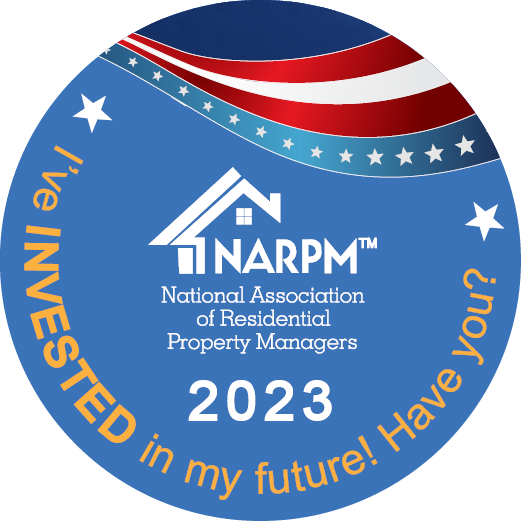Every property investor buys rental units intending to earn passive income from them, and this course of action can indeed be an excellent source of wealth. That is if your tenants pay their rent on time and don't create extra expenses by damaging your rental home.
Unfortunately, non-payment of rent is the most common cause of eviction across the USA and is one of the biggest risks faced by landlords. Can you recoup these losses when you evict a tenant for non-payment of rent?
Yes, you can. Read on to explore the rent collection post-eviction process in more detail.
Mastering the Rent Collection Post-Eviction Process
During eviction proceedings, the judge will usually rule in favor of the landlord. Then, they'll issue instructions for the local sheriff to remove them from the property on a certain date.
Rental income recovery is another battle entirely and can involve additional court cases and further costs. Always check your lease agreement for any clauses that apply to this before you proceed.
The landlord may retain the tenant's security deposit to cover some of the costs associated with eviction. In most cases, you'll need to engage in more extensive post-eviction strategies to recoup unpaid rent.
These include:
- Discussing tenant payment solutions with the tenant
- Sending a formal written notice
- Filing a small claim
A debt collector or property management firm can help you manage this process.
The Small Claims Process in North Carolina
The first step in filing a small claim is determining the maximum amount allowed for these cases in your county. This amount is usually between $5,000 and $10,000.
Next, file your small claim with the magistrate of the county where the property is located and pay the filing fee. The court will decide on a date that's within 30 days of the date of the filing.
After filing the case, it's your responsibility to serve the defendant with a copy of the complaint and a summons to appear in court. You can do this by:
- Paying the sheriff to deliver it
- Mailing a copy via certified mail
If the judge rules in your favor, the tenant must make arrangements to pay the money they owe. If they don't, you notify the courts, and they will instruct the sheriff to attach their assets to the value of the money owed.
Avoid Evictions and Maximize Your Rental Income Earnings
Recouping rent from evicted tenants can be a tiresome process resulting in additional legal costs. If the tenant can't pay what they owe, you might never get your money back.
Carolina Property Management can help you avoid the risks associated with bad tenants. Our range of services includes tenant screening and rent collection.
Using the latest technology, we facilitate convenient rent payments for your tenants and follow up on past-due amounts promptly. We can guide you through the rent collection post-eviction process and find new tenants for your home promptly, so you don't lose any more income.
Browse our blog for more property management tips, and find out how we can help you thrive as a North Carolina landlord today.















